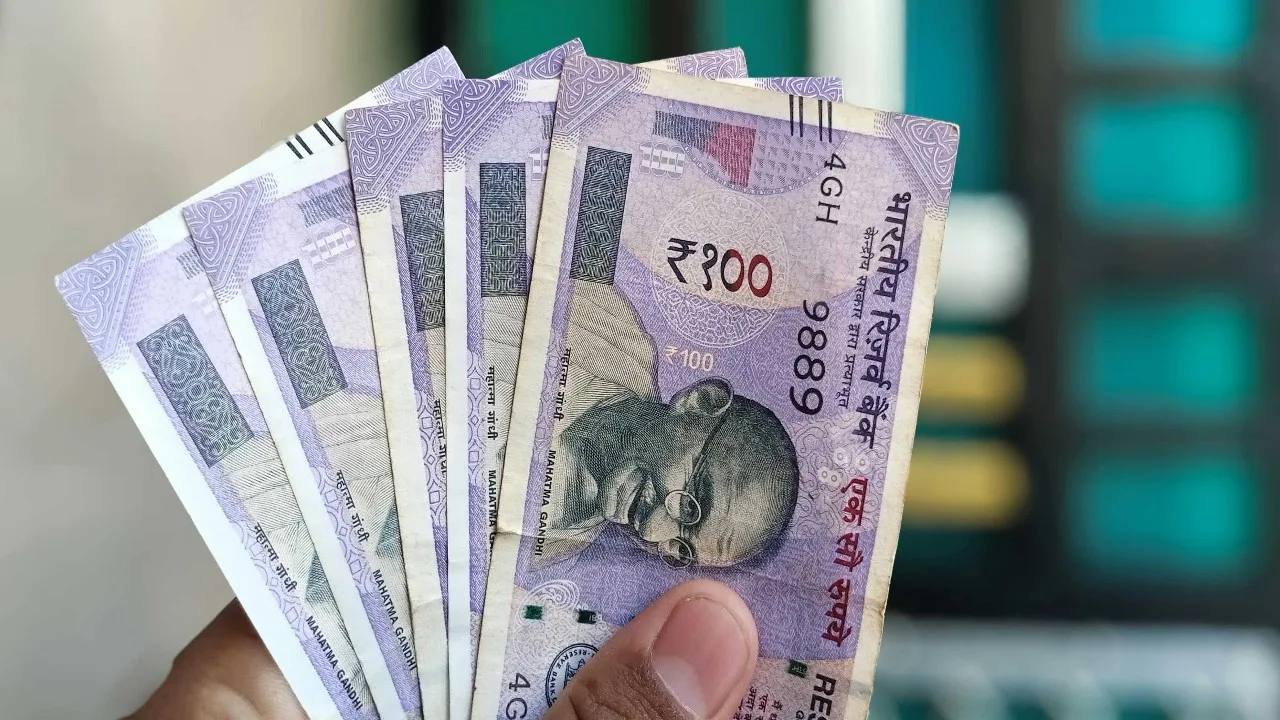Did you know that the Income Tax Department has set some specific rules about cash deposits and withdrawals in savings accounts? Ignoring these rules could lead to penalties or even inquiries from the authorities. It’s crucial to get a grip on these regulations to steer clear of any unintentional errors.
Important rules for savings account transactions
If you own a savings account, it’s connected to digital transactions like UPI. While you can make cash deposits and withdrawals, the Income Tax Act has established limits and conditions to keep an eye on large cash transactions. These rules are designed to combat money laundering, tax evasion, and other illegal financial activities.
Cash deposit limits for savings and current accounts
Savings account deposit limit – If you deposit Rs 10 lakh or more in a financial year, you need to report those transactions to the Income Tax Department. This helps them monitor significant cash movements and spot any suspicious behavior.
Current Account Deposit Limit – For current accounts, the threshold is higher; any deposits exceeding Rs 50 lakh in a financial year must be reported to the Income Tax Department.
Note: While these deposits aren’t taxed right away, financial institutions are required by law to report transactions that exceed these limits.
Cash withdrawal rules under section 194A
If you withdraw more than Rs 1 crore from your savings account in a financial year, a 2 percent TDS (tax deduction at source) will apply.
If you haven’t filed your Income Tax Returns (ITR) for the past three years, the TDS rate becomes stricter.
A 2% TDS applies to withdrawals over Rs 20 lakh, and if you withdraw Rs 1 crore or more, the TDS jumps to 5%.
The TDS taken out under section 194N isn’t counted as income.
Section 269ST – Penalty for large cash deposits
According to Section 269ST of the Income Tax Act, if you deposit cash of Rs 2 lakh or more in a financial year, you could face a penalty.
This rule is only for cash deposits. While cash withdrawals do have TDS for larger amounts, they don’t incur a penalty under this section.
Why do these rules matter?
These regulations are part of the government’s strategy to keep an eye on cash transactions in India, promote transparency, and curb illegal activities like tax evasion.
